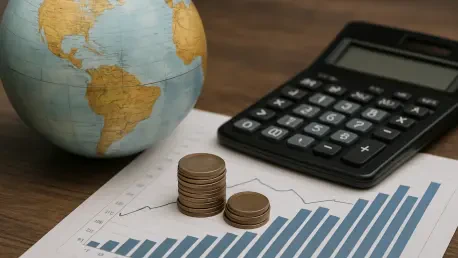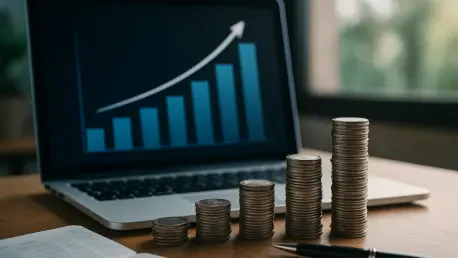
Priya Jaiswal, a renowned expert in Banking, Business, and Finance, offers her insights into Mattel's strategic shifts amid global economic uncertainties. Here, she delves into the factors influencing Mattel's decision to modify its 2025 forecast, the impact of tariff uncertainties on its

By 2025, the U.S. financial landscape has been marked by transformative tax reforms, Federal Reserve leadership shifts, and mounting federal debt. These elements are interconnected, casting a long shadow over investment strategies and economic growth. This landscape requires investors to adapt

How could pivotal tax changes redefine financial strategies for businesses overnight? Recent tax reforms hold the potential to dramatically increase cash flow, transforming the prospects for small businesses. Many now stand on the brink of potential windfalls, yet only those who are prepared can

In today’s interview, we have the pleasure of speaking with Priya Jaiswal, an esteemed expert in banking, business, and finance, who will be sharing her insights on the current economic climate. With the US and China engaging in a tariff battle, the repercussions are being felt worldwide. As Priya

U.S. President Donald Trump’s consideration of temporarily exempting the auto industry from previously imposed tariffs has drawn both support and skepticism. This initiative is designed to give automakers like Ford, General Motors, and Stellantis the necessary time to adjust their supply chains by

Small business owners are facing a critical moment as the global economic landscape shows signs of significant change. With the possibility of the U.S. losing its status as the epicenter of the global economy, experts are weighing in on the challenges and opportunities that lie ahead. This has